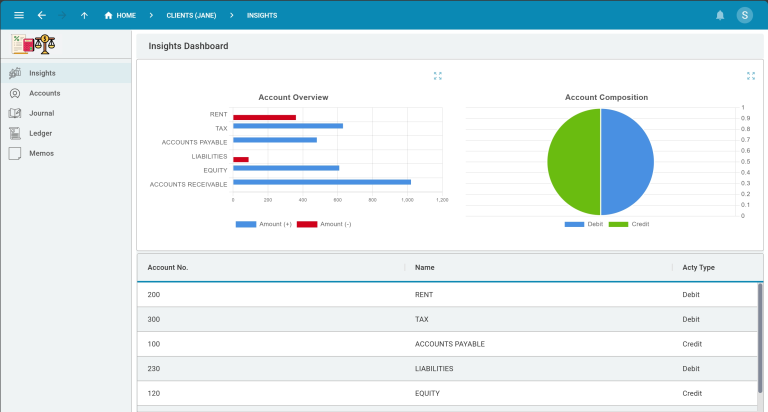The Only Retool Alternative You Need To Know In 2025
If Retool Doesn’t Suit Your Needs, This Guide on Retool Alternatives Is for You.
Retool is a popular platform that allows developers to create internal tools and admin panels quickly and easily. However, there are several reasons why you might want to consider an alternative. In this article, we will discuss four of the best Retool alternatives: Appsmith, Budibase, Superblocks and Five.
Quick Answer
If you’re looking for a Retool alternative to build internal tools and admin panels on most data sources, ship mission-critical software faster, and scale with ease, try Five. Five enables developers to rapidly create and deploy modern, data-driven applications with its intuitive visual builder, ability to connect to multiple databases and APIs, and affordable plans starting from just US$27.49.
What Is The Best Retool Alternative?
Let’s see how each of the Retool Alternatives compares in terms of main features.
| Alternative | Description | Pros | Cons | Unique features | Paid Plans |
|---|---|---|---|---|---|
| Five | A rapid application builder that allows developers to build custom web applications on almost any data source. | Developer-friendly, wide range of features, easy to deploy to the cloud. | More suited to software developers over citizen developers. | Write SQL or JavaScript functions. Free trial: only pay when you have built something production worthy. | Starting from $27.49 per month and application. |
| Appsmith | An open-source Retool alternative offering a range of features for building web applications. | Open-source, extensive widget options, embedded JavaScript capabilities. | Some limitations on concurrent database queries. Requires self-hosting, which can be complex | Supports numerous data sources and API connectors, encrypted data handling, reactive widgets that update automatically with data changes. | $0.40/hour per user, capped at $20/user per month – self-hosted |
| Budibase | An open-source Retool Alternative that is well-suited for building internal tools and applications. | User-friendly interface, flexible data collection, powerful workflow automation. | Limited community support, some features may require custom code | Built-in database with customizable views, drag-and-drop app building, and comprehensive access control features. | Paid plans starting at $8 per user per month |
| Superblocks | A development platform designed for building enterprise-grade applications. | Scalability, flexibility in UI design, powerful workflow and job scheduling. | Can be complex to use, more expensive than other Retool alternatives | Easy-to-use UI builder, multi-language support for workflows, API builder, and flexibility in component designs. | $49/month |
Five

Five Features
- Auto-generated UI
- Pre-built templates for common applications
- Custom code support in JavaScript, TypeScript, and SQL
- Full-stack web application development on a relational database
Five is a Retool alternative that makes it faster and easier to build internal software. Trusted by startups and Fortune 500 companies alike, Five provides a structured yet flexible development environment with a host of pre-built features that accelerate the creation of mission-critical internal tools and user portals.
With Five, you can launch new products faster by reducing the time spent on boilerplate code and common tasks like database creation, environment setup, and application deployment. Five allows developers to write code nearly anywhere, providing the flexibility to customize and control the development process to their liking. It supports standard programming languages like SQL, JavaScript, and TypeScript, making it easy for developers who are already familiar with these languages to get started.
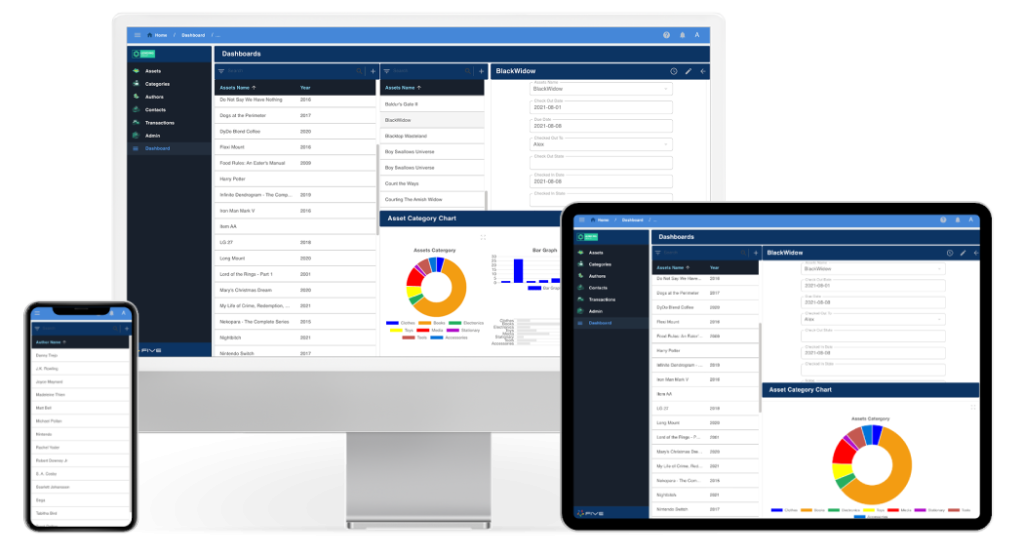
Five enables you to build and deploy full-stack internal software directly on top of a relational database. It extends the functionality of a typical MySQL GUI, providing a user-friendly SQL visual database modeler, as well as a code editor for JavaScript and TypeScript. With Five’s powerful features, you can ship internal tools and user portals 3x faster.
Whether you’re a startup looking to move quickly or a Fortune 500 company seeking to accelerate your business, Five is the Retool alternative that allows you to build the internal software you need, faster than ever before.
Summary: Five is one of the leading development platforms for rapidly building and deploying modern, data-driven applications.
Pricing
- Cost: Free.
- Users & Apps: Ideal for beginners trying out the platform.
- Development: Develop and test locally for free. Only have to upgrade plans once you are ready to deploy.
- Cost: US$27.49 per month and application.
- Storage: Comes with 3 GB of storage per app.
- End-Users: 10 users. Plans with unlimited end-users for a fixed monthly fee are available.
- Suitability: Geared towards developers or small businesses ready to deploy a production-worthy application.
- Support: Includes the necessary support to get an app up and running.
Check out some use cases here to see what you can build with Five.
Appsmith

Appsmith simplifies internal tool development for businesses and that helps users to build web applications without extensive coding. It offers a user-friendly interface, a rich library of pre-built templates and widgets, and real-time collaboration features. Appsmith is well-suited for both technical and non-technical teams seeking to create data-driven applications.
Appsmith Features
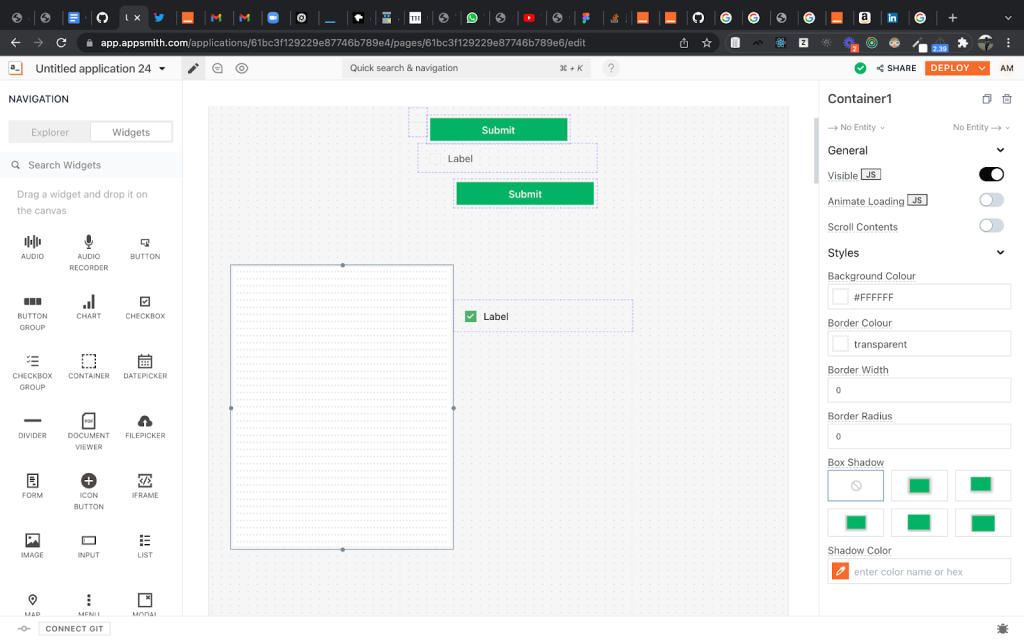
Appsmith assists application development by providing a rich library of pre-built templates and widgets that speed up the process and minimize manual coding. This collection of building blocks enables developers to quickly assemble the foundation of their applications, saving valuable time and effort.
For more advanced users, Appsmith offers the flexibility to customize applications using JavaScript. Developers can also integrate with various data sources, manipulate data to meet specific requirements, generate APIs, and maintain version control.
For a more significant analysis between Appsmith and Retool check out this article: Appsmith vs Retool: Everything You Need To Know
Pricing
- Community Plan (Free): Includes cloud and self-hosting, unlimited users, apps, data sources, widgets, Git versioning, SSO, and access control.
- Business Plan ($0.40/hour/user) Max $20USD: Adds custom branding, granular access controls, datasource environments, private app embedding, and priority support.
- Enterprise Plan (Custom Pricing): Extends with advanced SSO options, user provisioning, audit logs, custom integrations, dedicated support and services.
Budibase
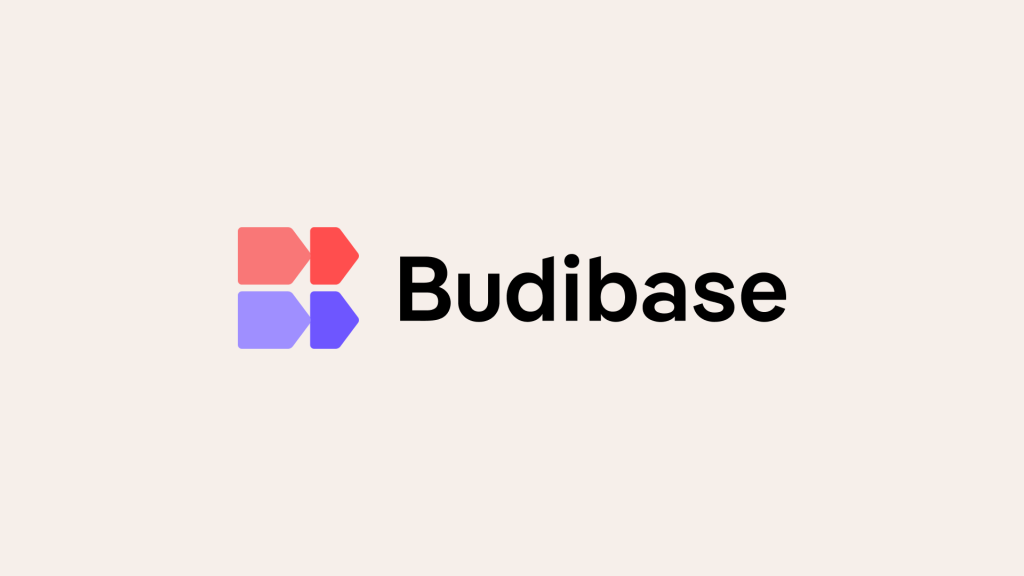
Budibase Features
Budibase integrates with a wide range of data sources, including spreadsheets, SQL databases, and REST APIs, enabling data exchange. It helps the process of synchronizing SQL database tables, allowing users to create customized CRUD screens, view data in tables, and establish data relationships.
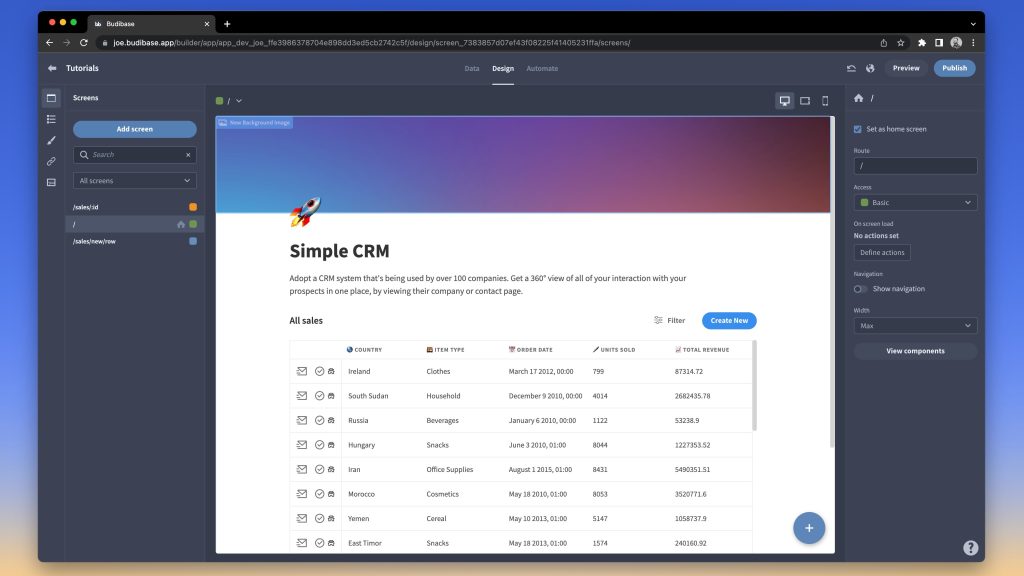
Budibase’s built-in database provides scalability and a comprehensive feature set, allowing users to filter, sort, and directly upload CSV files.
Budibase just like Five allows you to create internal tools faster and with less effort. This simplified approach significantly reduces development time, enabling users to focus on core business functionalities rather than getting bogged down in complex coding processes.
Budibase also allows users to design dynamic forms on multiple databases, including PostgreSQL, MySQL, and MongoDB. With extensive customization options for data collection, users can gather the information they need to power their applications effectively.
Pricing
- Free Plan: Offers unlimited apps, SSO, and community support for up to 5 users.
- Premium Plan ($8/user/month, billed annually): Includes backups, custom branding, unlimited plugins, and one-week automation logs.
- Business Plan ($16/user/month, billed annually): Adds audit logs, user groups, role-based access control, environment variables, and email support.
- Enterprise Plan (Custom Pricing): Begins from $15,000 per annum and offers advanced features like AD/SCIM, air-gapped deployment, enforceable SSO, and priority support
Superblocks
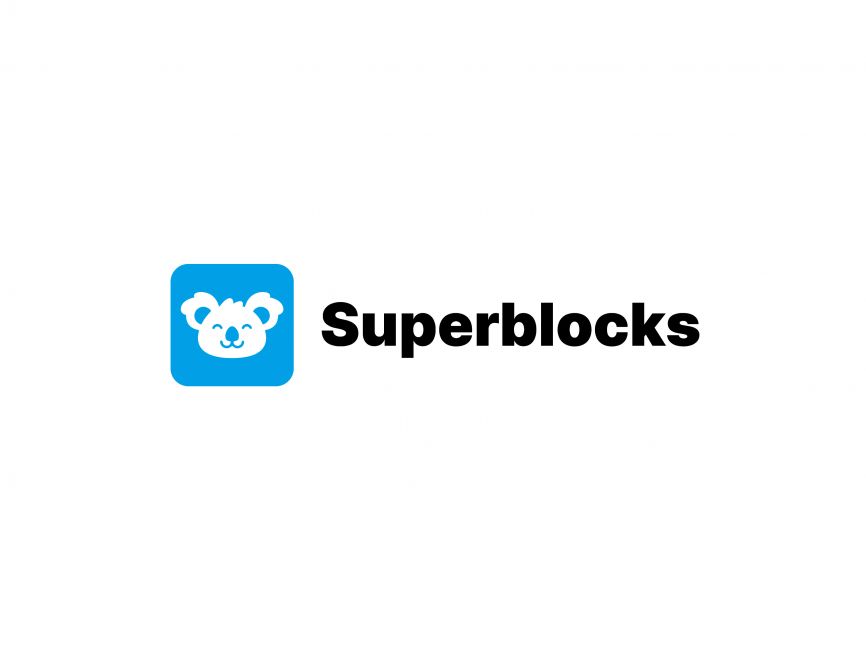
Superblocks Features
Superblocks is another Retool alternative designed to build internal tools. Its comprehensive suite of features and capabilities enables developers to create user-friendly, secure, and scalable solutions.
Connect Integrations: Connect to production databases, cloud data warehouses, internal APIs, 3rd party REST or GraphQL APIs, spreadsheets, file storage, and more, ensuring data access and integration.
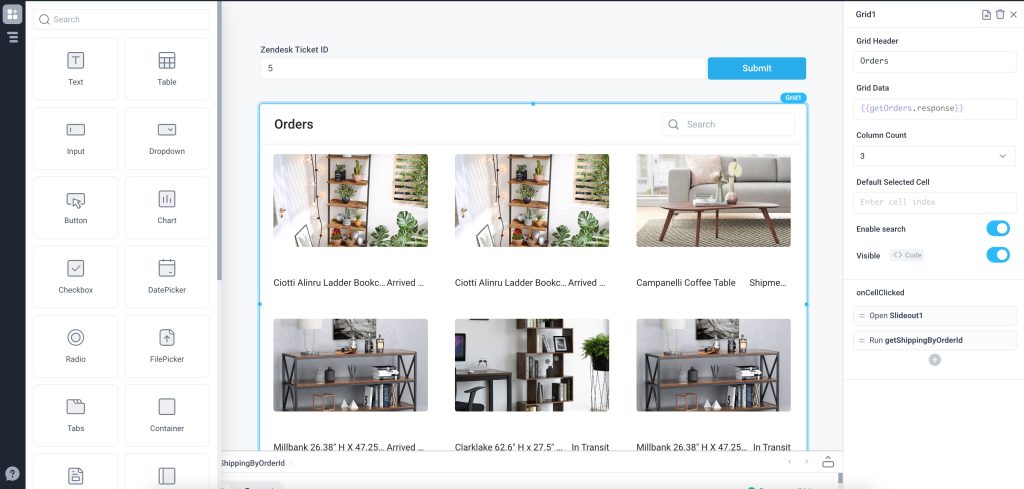
User Interface Building: Use the intuitive drag-and-drop interface for user interfaces with a variety of components and layouts. Superblocks also supports business logic in JavaScript or Python, meaning developers to build robust UIs.
Automate Workflows: Streamline repetitive tasks by creating multi-step workflows that can be called like any REST endpoint via different methods.
Schedule Jobs: Schedule jobs for tasks such as ETL, batch processing, or Slackbots.
Superblocks stands up well against other Retool alternatives with strengths in UI building, workflow automation, and security features making it a great choice for developers and teams.
For a more significant analysis between Superblocks and Retool check out this article: Superblocks vs Retool: A Comprehensive Comparison
Pricing
- Free Plan:
- Target Users: Individual developers and small teams building critical internal tools.
- Features: Up to 5 users (Limited users), Unlimited apps, workflows, and scheduled jobs.
- Pro Plan:
- Pricing: $49 per month per Creator, $15 per month per Standard User, $5 per month per Light User (up to 5 days per month).
- Target Users: Growing businesses managing internal tools across teams.
- Enterprise Plan:
- Pricing: Custom pricing.
- Target Users: Businesses with advanced security, management, and support needs.
Final Conclusion: Which is The Best Retool Alternative
While Appsmith, Budibase, and Superblocks offer great features, Five stands out as one of the best Retool alternatives. Its pricing makes it an attractive choice for a broad range of users, from individual developers to large enterprises, with its clear pricing and ample features.
Five is a cost-effective platform for businesses wanting to manage their budgets while expanding their applications. It offers unlimited access for end-users at a fixed cost per application. This contrasts with Appsmith’s Business tier, which bills $0.40 per active user every hour.
Unlike Budibase, which has a per-user charge in its paid plans, and Superblocks, which uses role-based pricing, Five’s pricing is simple: a set subscription fee for each application and month.
